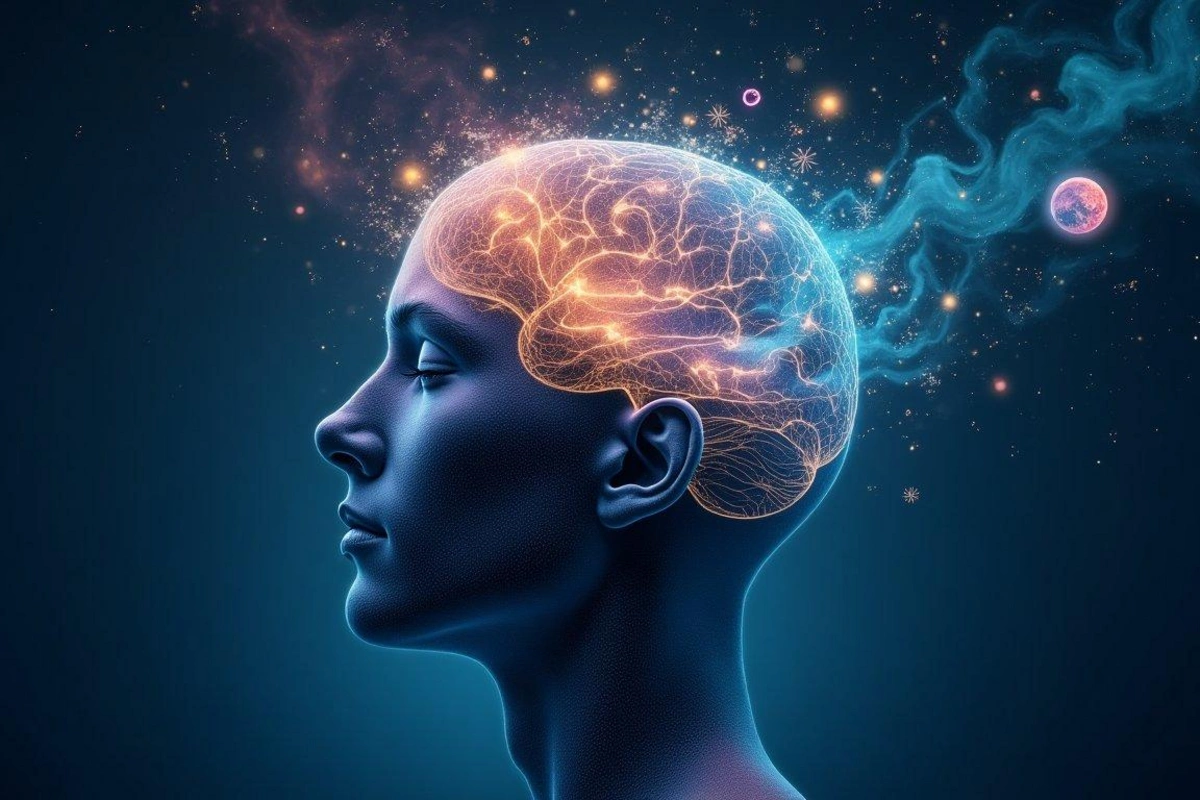10 Feb , 03:07 2025
0

Dreams remain one of the most mysterious topics in science and culture. But why do we dream? The answers to this question are still multifaceted, and although scientists haven't reached a consensus, there are several popular theories.
One of them suggests that dreams are the brain's way of processing information received during the day. Psychologists believe that during sleep, the brain filters emotions, helping us cope with experiences and stresses. Particularly vivid dreams may be connected to important life events or unresolved internal conflicts.
Other studies suggest that dreams are a form of cognitive training, where the brain practices memory and problem-solving abilities. Some scientists also propose a hypothesis that dreams help prepare people for possible stressful situations, improving adaptability.
Finally, there is a theoretical explanation based on evolution: dreams might be a way of simulating various scenarios in which humans practice their responses to different threats and situations.
Although we still cannot precisely understand what causes our dreams and why we need them, one thing is certain - they continue to stir our imagination and open new horizons in understanding human psychology.